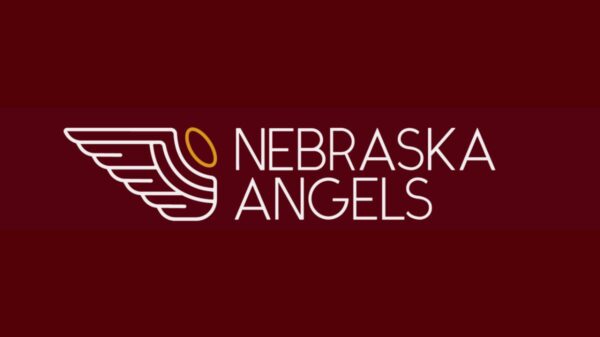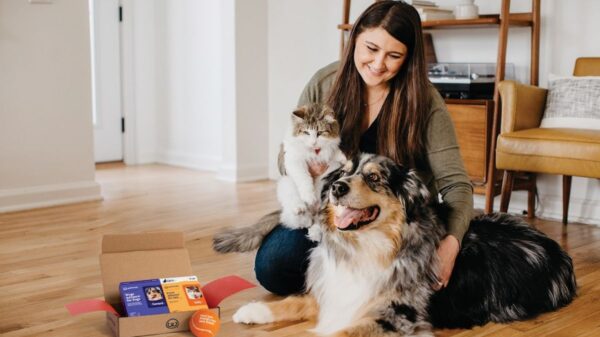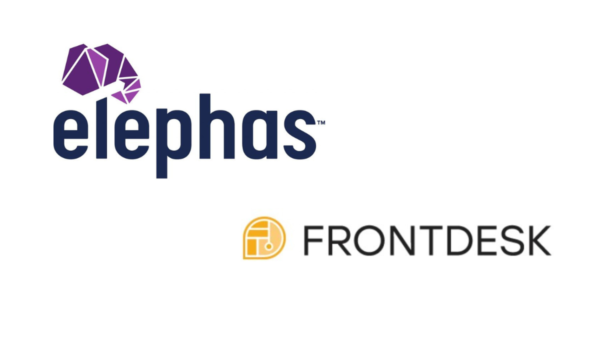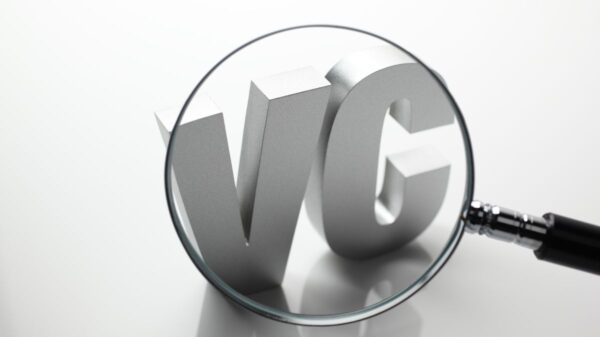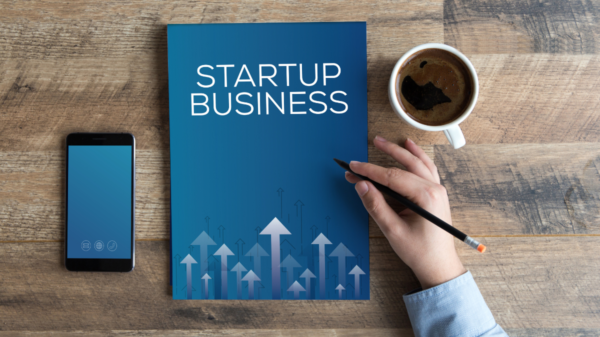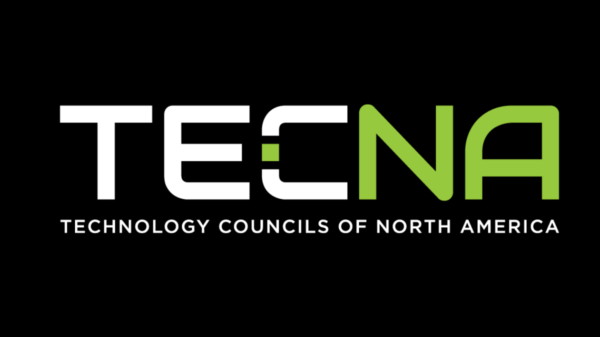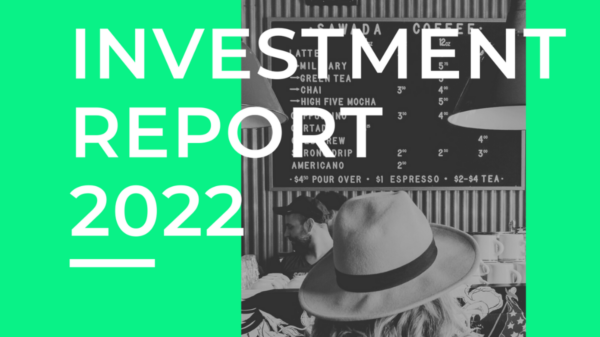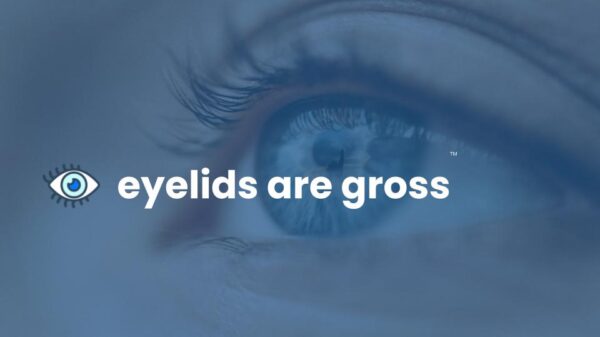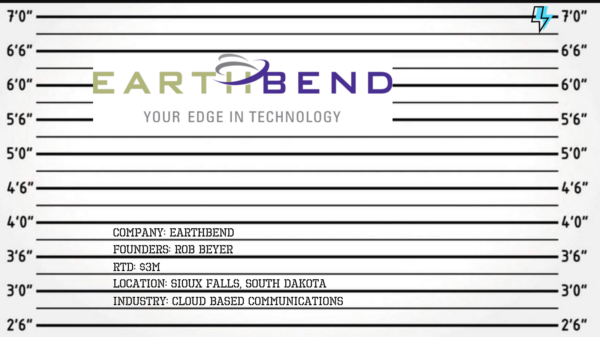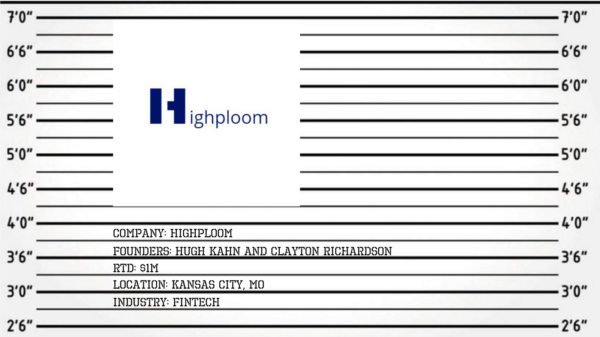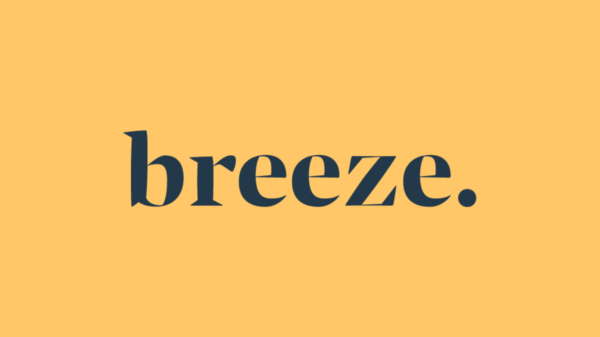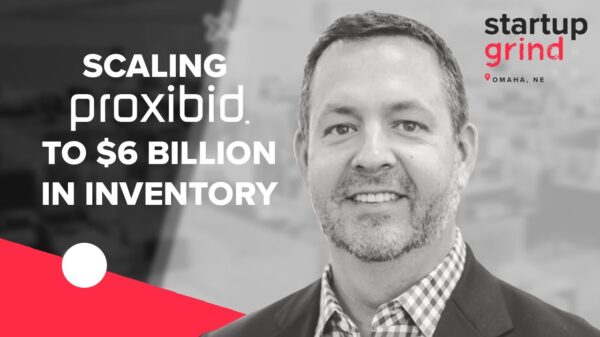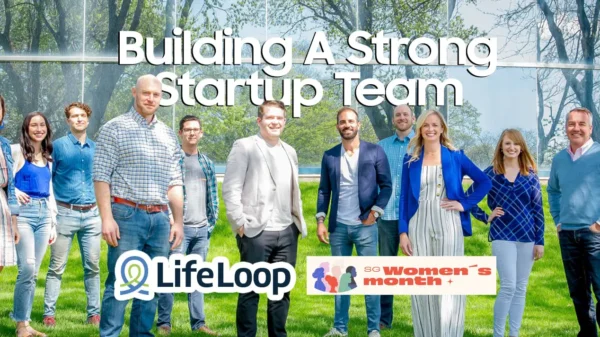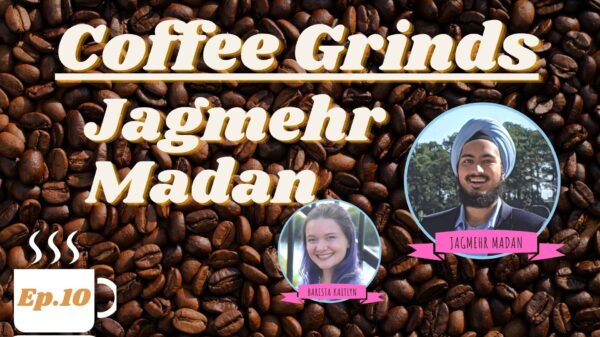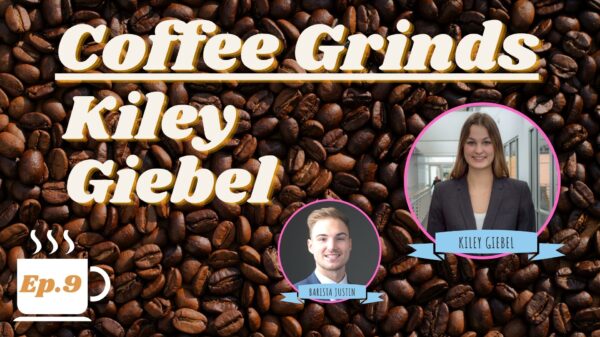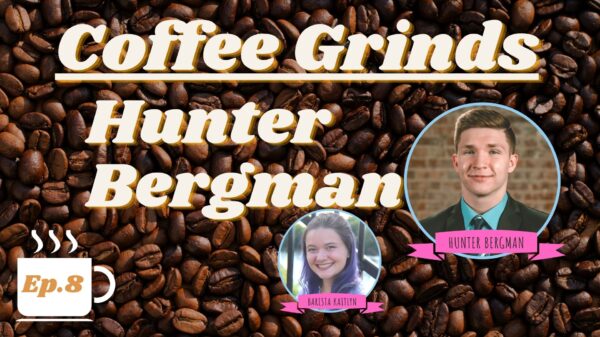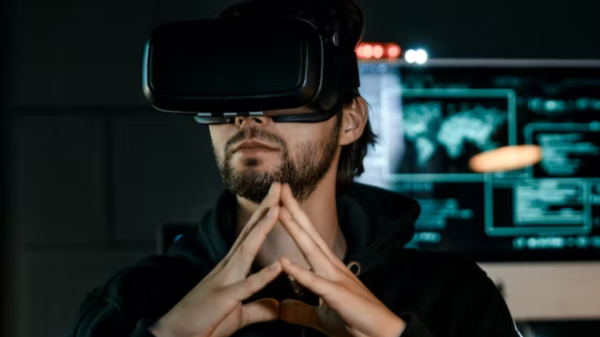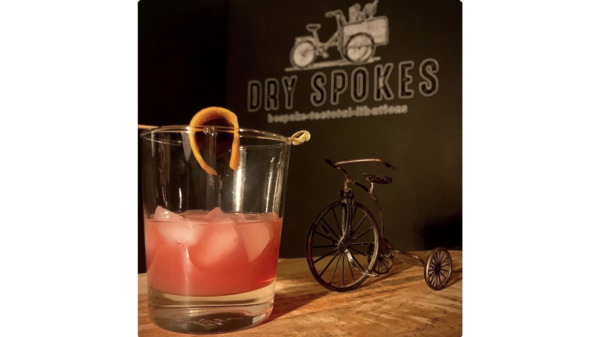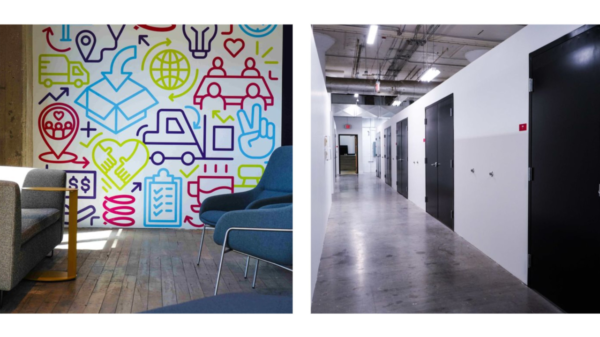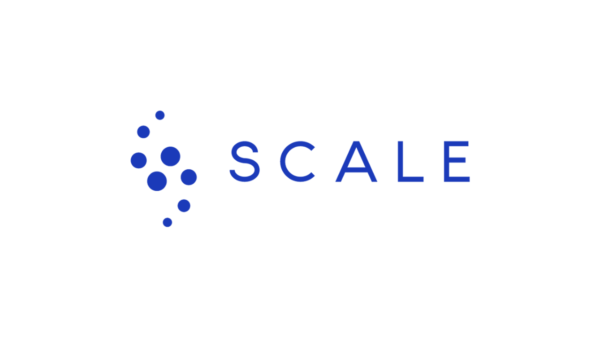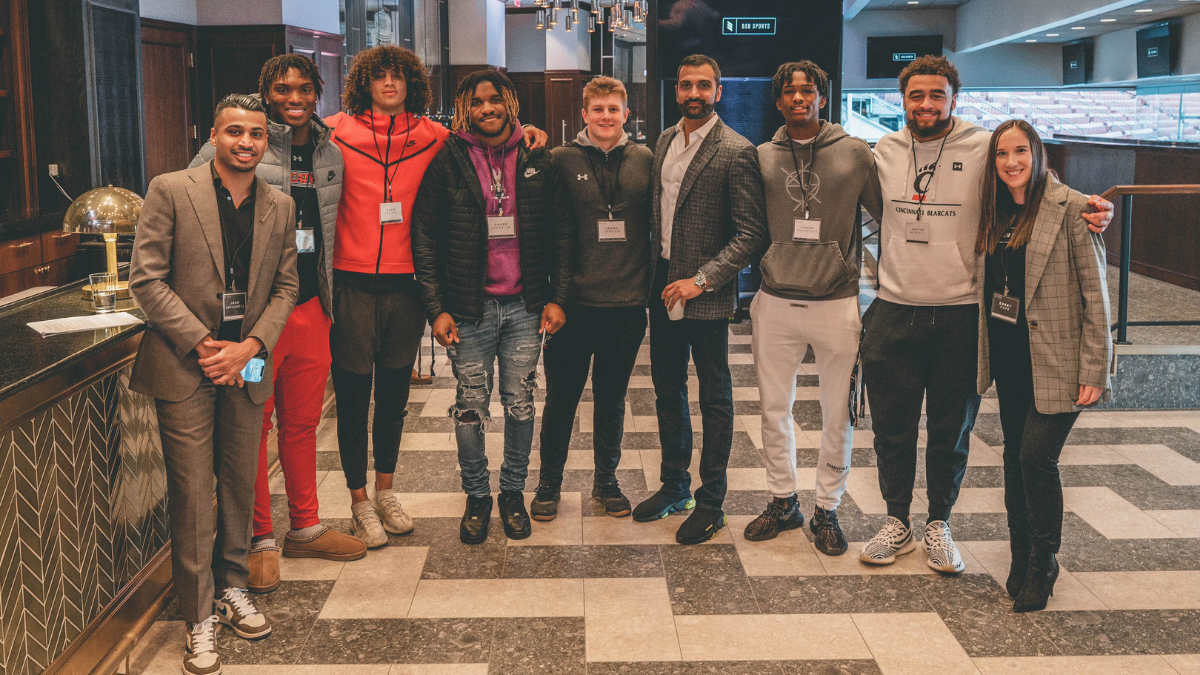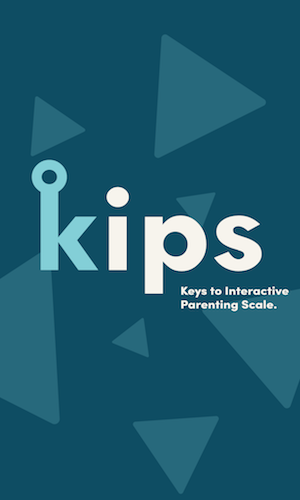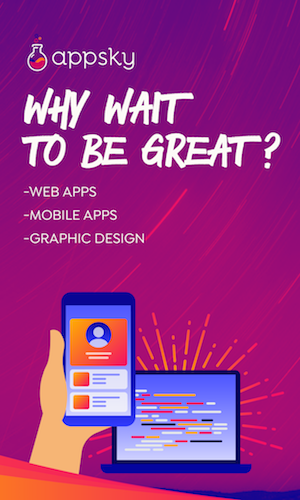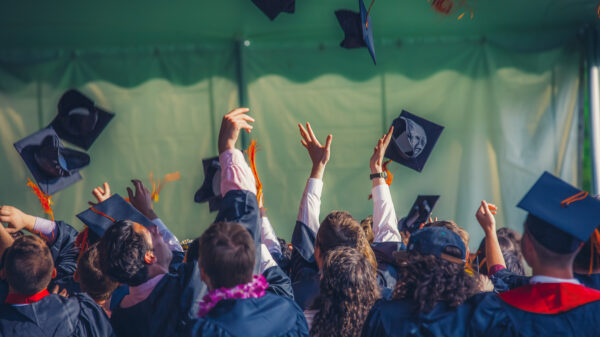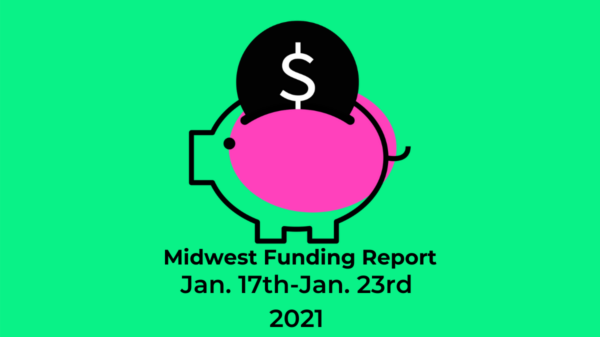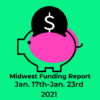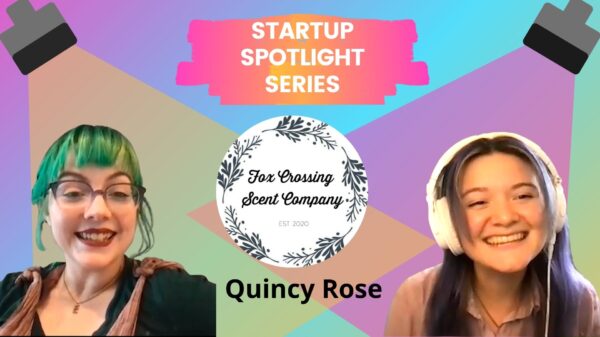CINCINNATI, — BSB Group International, one of the Midwest’s fastest growing consulting and marketing firms, announced the launch of its new sports division today, BSB Sports. The new division will work across all major sports in the U.S., with a strategic focus on college athletics, combat sports and women’s sports.
In 2022, BSB Sports will deliver three core service areas for athletes, partners, and clients: connecting brands with athletes, creating athlete-driven content and NFTs, and providing full-service management, marketing, and counsel for college athletes and their families. The college sports work comes less than a year after the NCAA’s new ruling allowing student-athletes to profit from their name, image and likeness (NIL).
“We’re extremely grateful for the opportunity to launch BSB Sports,” said Kash Shaikh, Founder & CEO of BSB Group and BSB Sports. “The majority of our team has spent a large portion of our collective careers creating and crafting sports marketing campaigns across the world. We’re passionate about sports and we believe in the power of athletes to drive business and community impact. Over the years, we’ve seen several areas of opportunity that could better benefit both athletes and brands, particularly when it comes to value and ROI, equity and inclusion, and the industry’s approach to community and relationship building. We respect the way things have always been done, but we also are passionate about doing some things differently.”
BSB Sports’ parent company, BSB Group International, has architected several successful sports marketing campaigns over the years, including Kroger’s “Take One For Your Team” vaccine initiative with Barry Larkin, Trae Young, Mookie Betts and six other MLB athletes. The BSB team has also spearheaded many individual endorsement deals for athletes across the NFL, MLB, NBA, Olympics and UFC. Beginning in 2022, the team has focused much of its work on driving endorsements involving NCAA athletes.
“I’m excited to be part of the BSB Sports family,” said Evan Prater, Quarterback for the University of Cincinnati and former Mr. Ohio Football (2019). “Kash and his team have worked with some amazing companies and athletes over the years, and it’s great to see them apply their knowledge of brand building and sports marketing to the college space. They know how to get deals done the right way, with the right people. I’m also excited to see so many of my fellow student-athletes joining the BSB team. I’m hopeful a lot of athletes will benefit from the new NIL policies, and BSB shares that same vision.”
BSB Sports currently represents over 150 NCAA Division I athletes, with a majority based in Ohio, Kentucky, Indiana and Texas. The team’s athlete management strategy focuses on both breadth and depth, enabling more athletes across more sports to benefit from the new policies while also allowing brands to more strategically target and customize their campaigns.
“We are not just signing the potential Heisman trophy candidates or the future NBA draft picks,” said Shaikh. “We represent a diverse set of athletes across a dozen men’s and women’s sports, including football, basketball, volleyball, baseball, softball, soccer, tennis and golf. Our strategy is to present brands the ability to customize their marketing campaigns in very targeted ways to help drive awareness, trial and loyalty. We also have seen college athlete campaigns work really well for corporate reputation and recruiting initiatives, particularly with the labor shortage businesses are experiencing nationwide. These targeted campaigns drive higher conversion for brands, and they are more authentic and fun for athletes. We’re very focused on helping build out a positive ecosystem around NIL that helps the athletes, the universities, and our collective brand partners.”
According to ESPN, as of January 1, 2022, more than 125,000 collegiate athlete deals have been closed. Opendorse reports that 67% of total NIL compensation has been paid to male athletes 33% to female athletes. Football, Men’s Basketball and Women’s Basketball athletes have garnered 90% of the deals thus far, with the remaining 10% distributed among more than 20 sports. The average total athlete compensation is roughly $900, with a few lucrative deals reaching the seven-figure range for elite athletes with large social followings. NCAA Division I athletes make approximately 20x more than their Division II and III peers.
“The NIL space is brand new, and it’s still taking shape,” said Shaikh. “The numbers are changing daily. The key things we are seeing are that only a very small percentage of athletes are getting significant endorsement and marketing deals, and those deals are heavily skewed to male athletes in football or basketball. We want to change that and help grow this space both horizontally and vertically. We know that NIL has completely changed the game for college recruiting. Potential recruits will want to know more than just the total revenue athletes are garnering from NIL deals at each school. They will also want to know how much each of the schools’ sports teams are getting, as well as the average amount per athlete. Aside from on-the-field opportunity and education, potential NIL revenue will become a deciding factor for all athletes. Universities will need to have the right plans, partnerships, and measures in place.”
Within BSB Sports’ other focus areas, there are similar opportunities to better represent and support professional athletes with their partnership and endorsement portfolios. The Ultimate Fighting Championship (UFC), mixed martial arts’ marquee league, has experienced massive growth, with viewership increasing by 40% in 2021. UFC fighters fall outside the top 10 in endorsement pay for major American sports. Similarly, professional female athletes continue to lag male athletes in their total endorsement compensation. Men’s leagues and teams still capture over 90% of the $31 billion that corporations around the globe spend on sports, according to research firm Statista. The proliferation of content channels and digital platforms, along with brands’ desire to expand both the diversity and the footprint of their partnership work, has created more opportunities to shift these trends.
“We also see a lot of opportunity in the content, technology and data space, whether that’s custom NFTs around significant moments and milestones, or a better understanding of an athlete’s influence and value to brand campaigns. And we see a lot of opportunity for historically underrepresented groups to get more of their fair share. That’s something we’re very passionate about,” said Shaikh.

